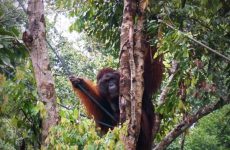Is this the time to be more responsible for nature?
There’s a global pandemic currently and it has pushed many countries to halt most economic activities and enforced rules to keep people in their respective homes. While it has been devastating for humans, it has helped nature to get a breather from human activities. For the first time in a while, we are getting a glimpse of a future where we can live in harmony with nature. We all love a good environment to live in, but are we ready to make the necessary changes to further protect nature once the pandemic is over? Are we willing to become more responsible with our actions?
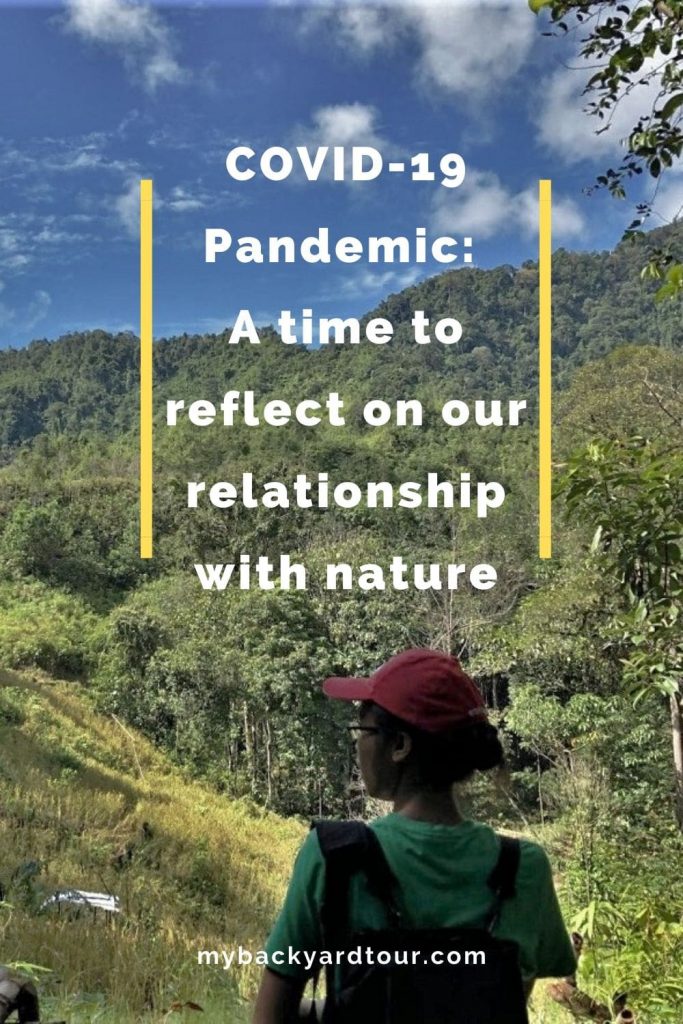
So what have we been doing wrong?
We have been doing a lot of harm to the environment. In fact, most people have it lying at the back of their minds that human activities have been the main contributor to major environmental issues. Issues like climate change, different types of pollution, mass extinction of different wildlife species shouldn’t sound too unfamiliar.
Recent reports that humans have destroyed a tenth of the Earth’s wilderness in a mere 25 years. It has also been reported that the Artic ocean could become ice-free in as soon as 2044. A 2018 article showing that humanity has wiped out 60% of the world’s wildlife populations since the 1970s shouldn’t come as a surprise to all of us.
The side-effect of the over exploitation of land
Wildlife trade and over-exploitation of forests have also directly and directly contributed to the spread of diseases. Since 60% of infectious diseases originate from animals and 70% of emerging diseases come from wildlife, it should be no surprise where our focus should be on. In fact, while we have already decimated 60% of wildlife in 50 years, the number of infectious diseases have increased four fold in the last 60 years. There is a certainly a link between the emergence of infectious diseases and environmental destruction.
Traded animals are being forced to come into contact with different species of animals which they could never have met in the wild, which exponentially increases the risk of diseases being exchanged between animals, or cause mutations of existing diseases. As some of us continue to exploit land and cut down forests for business interests, or just merely looking for resources to survive, we damage the environment and risking viruses from animals to seek new hosts, which happens to be us.
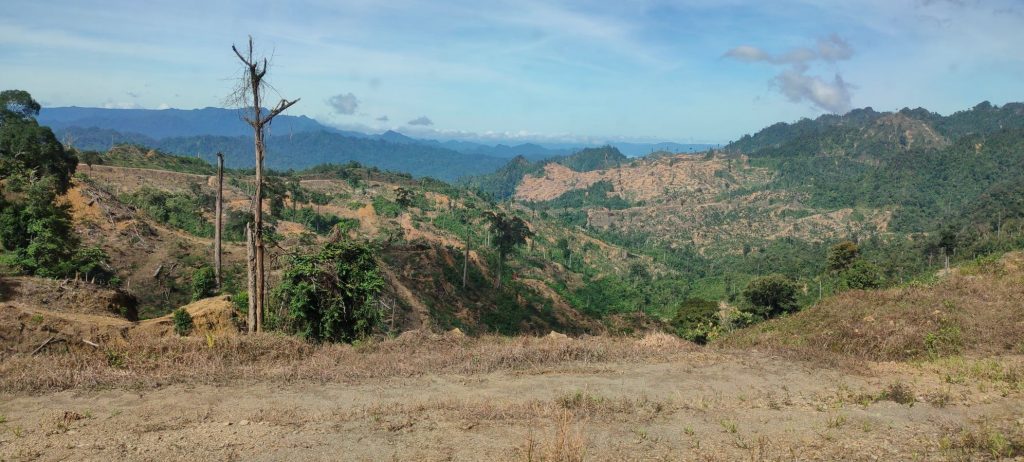
Given our interconnected and ever-changing world, with air travel, wildlife marketing and a changing climate, serious outbreaks will still tend to happen in the future. In reference to pandemics, we can no longer ignore this side effect of unbalanced economic development because just like the previous pollution we have caused, pandemics are also caused by human activity and not nature.
Nature is recovering
With most of the world’s population away from its usual activities, we are beginning to see how nature is coping rather positively with it, and in some cases blossoming admirably. In recent weeks, news of jellyfish appearing in now pristine clear Venice canals, the general decline in air pollution rates globally, has been circulating the internet. They have given much hope that something good that can come out of this pandemic.
In fact, nature has been recovering for a while now, as shown by the rather quick emergence of certain animals in the absence of humans. However, we shouldn’t be too quick to make connections between their sudden emergence and the Covid-19 pandemic. It is only natural for us to only now see the results of better protection, less poaching and other animal-friendly policies.
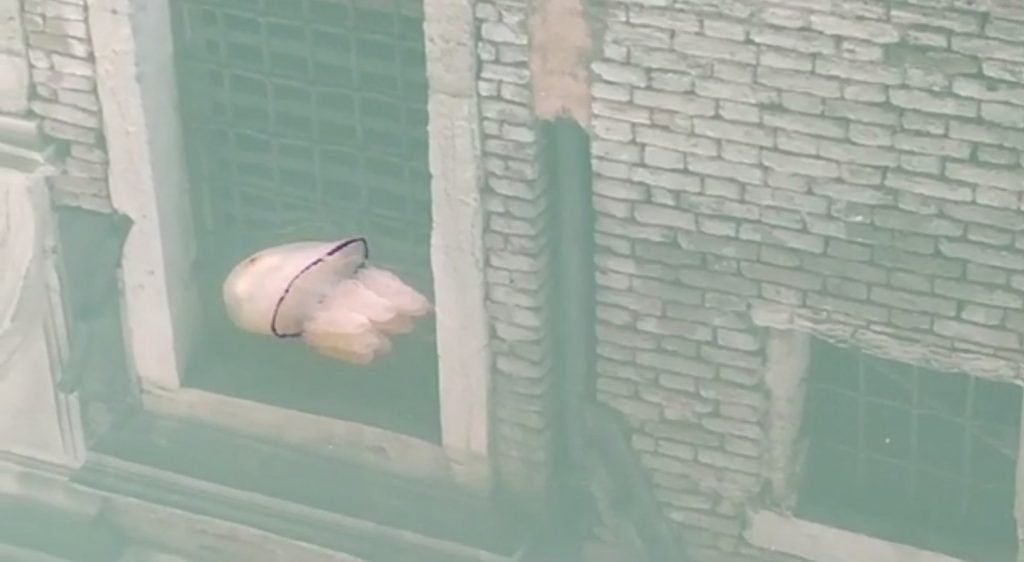
Despite the encouraging news, this shouldn’t be an excuse for us to continue to damage the environment when the pandemic is over. In fact, nature’s recovery has to be supported by managing good environmental policies.
Is there any hope for nature then?
Unfortunately, the answer is not a simple yes and no. As the Covid-19 pandemic has shown, we can definitely make changes if we need to. With so many making changes to travelling habits, pollutant levels have begun to fall in multiple parts of the world. New York recorded 50% less pollution compared to the same time last year.
However, this has always been a norm whenever there’s a major epidemic. Emission levels would usually experience a drop as global disasters happen, especially with industrial activities and transport halted. Transport accounts for a whopping 23% of global carbon emissions. Naturally with people driving and flying less, the emission levels would drop. Factories have also been shut down, contributing to this temporary phenomenon.
While it’s encouraging to know that the pandemic has given room for nature to have a breather, it doesn’t naturally guarantee that it will last. History has shown that as global disasters settled, human activities went back to before as if nothing. It negated the effects of the temporary dip in emission levels. Just like the financial crash of 2008-2009, emission levels dipped by 1.3% but by 2010 it had rebounded to an all time high level. Even when aviation emissions has dropped considerably, people might have just been delaying their trips and planning to resume them once the skies are reopened.
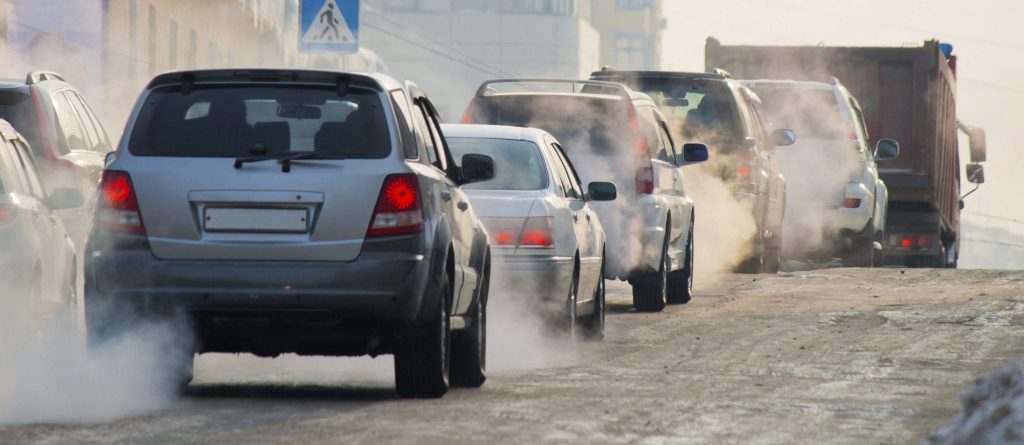
It goes to show while we might be experiencing the side effects of the pandemic right now, there’s not guarantee we can keep our emission levels low even after the distress is over.
What’s the next step?
No doubt about it, the world is currently experiencing a time of change, forced upon it by the Covid-19 pandemic. People and businesses have been forced to deal with the fallout. It shows that no matter how tough we think we are, we can still be vulnerable in the face of nature.
Traditionally, change has always been hard as there’s powerful industry blocking it. The fossil fuel industry has often convinced people to reject climate change science by lobbying against policies that could potentially reduce emissions worldwide. This inability to see past short term profits has caused the oil market to experience a big slump. It is currently facing the lowest demand in 25 years. Given the how interconnected human activity is to the spread of pandemics, the world ought to show respect to nature, by recognizing it as part of the solution. Solutions could range from investing and promoting clean energy, enforcing policies for more sustainable land use, and even altering our calorie mix to better reflect sustainable farming methods.
It’s not too late to change
But change is possible, and we have shown that we can make changes when we need to. With the economy predicted to collapse by the head of IMF, we are bound to change the way we do business. Since the World Economic Forum’s Nature Risk Rising Report highlighted that over half of the world’s economy is dependent on nature to a certain extent, there are a lot of opportunities for businesses and governments. This is complimented by the report that says at least 9$ worth of economic benefits can be expected if only 1$ is invested into nature restoration. This will ensure sustainability and longevity of many businesses. An economy driven by greed would dry resources and hurt the future prospects of the very ones inflicting the damage.
What can I do personally?
It’s true that old habits die hard, but humans are blessed with intelligence and rationality. Think of the pandemic as an opportunity for a mentality reset. For years people have been educated about climate change, environmental destruction and human activities are directly contributing to it. But then, not many have been able to make the necessary adjustments. There are many reasons to it but you can read more about it here.
We are at the point of change. The way of life as we knew has already been shattered, exposed by our vulnerability to such shock events. Thus, we now have an unprecedented opportunity to make deep considerations which habits we can actually do away with. We could adopt new habits like going out less, using public transport more, and not wasting food even when movement restrictions are lifted.
Make informed decisions, travel responsibly
One of the habits that we can definitely rethink is flying. With the borders shut down, crippling the aviation industry, many people have had to put their travel plans on hold until they are allowed to fly again. By then, emission levels would pick up again, which is bad news for everyone.
If you’re one of those people who takes flights, this is a time to why you need to fly. With online conferencing and meetings becoming mainstream nowadays, perhaps that business trip might not be that much necessary after all. If you happen to travel for leisure purposes, you can actually make a difference here by considering to travel responsibly from now on. One of the ways is to actually engage a genuine responsible tour operator to arrange your trip. Such operators would usually strive to keep the income from tourism activities in the local economy and ensure environmental and socioeconomic impact are kept under control.
If you’re in Malaysia, why don’t you check out our profile and our travel experience offerings, and make a booking with us for your trip? We too, strive hard to ensure a unique but sustainable travel experience for travelers. We hope travelers will continue to make informed decisions and focus on making their trips meaningful for themselves and local communities. That way, at least we can play our part in restoring nature to how it was.
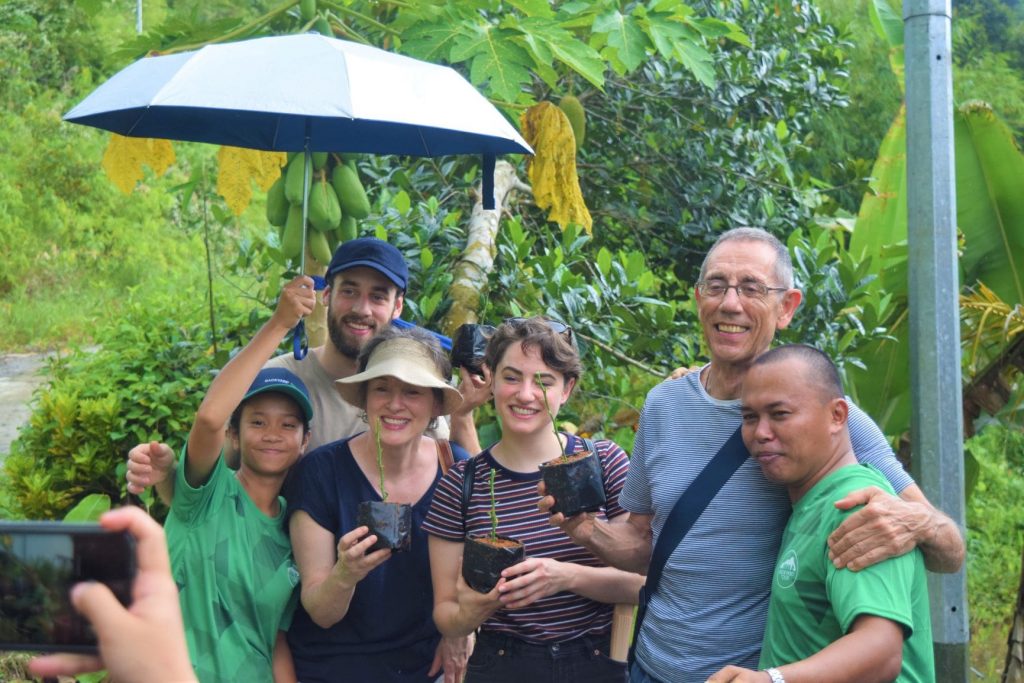
Be informed, travel responsibly, act responsibly
We look forward for better future. Continue to follow our blog for more important information about responsible travels.

